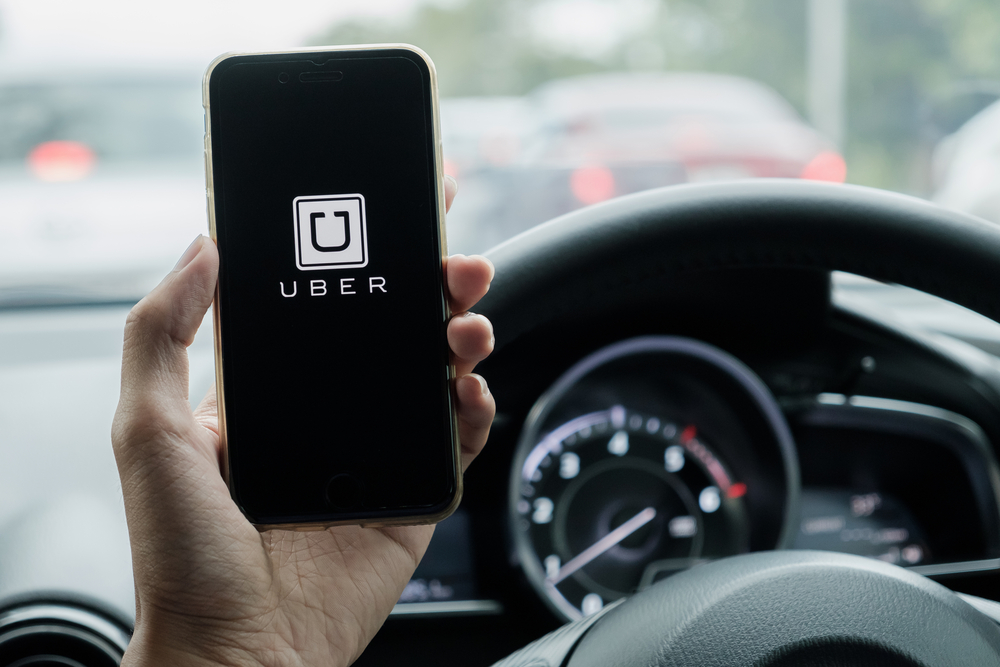News
Ride-Sharing Services May Be Making Ambulances More Affordable

According to some economists, the growing popularity of rideshare services like Uber and Lyft has actually driven down the cost of ambulances. David Slusky, an assistant professor of economics at the University of Kansas recently pointed out in an interview with KCLU that fewer people are using ambulances for small medical issues when they don’t have access to a vehicle of their own, now that rideshare services are available.
“In any healthcare system, regardless of how things are paid for, you have a limited number of ambulances, and the more kinds of calls they take, the longer they take to get to other calls and the possibility that they might not get to someone in time. Additionally, in our system, where a lot of the upfront costs of health insurance are passed along to consumers for the first couple thousand dollars, an ambulance can be a very expensive proposition. And so there, consumers also have an incentive to not take an ambulance if it’s not something they really need because they can avoid a multi-thousand dollar bill,” Slusky explained.
When asked how he determined that rideshare services were making this impact, Slusky said that he used a company called Nemesis which aggregates ambulance volume data across the United States. His team then gathered information from Uber’s website about when they entered each city and looked for correlations with the ambulance data. With that data, the team found that ambulance use declined by about %7 when Uber entered the market.
“I think that people know they have high-deductible health insurance plans or have no insurance. People know that insurance is going to cost them a lot of money, and if they don’t think they really need it, they know that an Uber’s going to be a lot cheaper,” Slusky said.
This has caused prices to go down since ambulance services are less in demand. Rideshare services have also been credited with a decrease in drunk driving deaths. A working paper by Jessica Lynn Peck of the Graduate Centre at the City University of New York found that New York City alcohol-related car accidents have decreased by 25 to 35 percent.
“In addition to the cost measured in wait time, Uber may also address the increased difficulty of cognitive functions after drinking. Navigation, uncertainty, and the necessity of completing arithmetic may generate higher costs when intoxicated. A rider may summon an Uber ride to her physical location using GPS rather than navigating an unknown neighborhood to hail a cab or communicating on the phone with a cab dispatcher using a street address. Updates on the GPS location of her driver may be a valuable assurance that a cab has actually been dispatched, unlike the experience with phone-dispatch or street-hail taxis. The rider also need not retain enough cash for a ride home through Uber or calculate tip,” the paper said.
Entrenched corporations like taxis or hotels hate these types of services because it makes their old business models obsolete.
In a call with shareholders last year, Mike Barnello, CEO of LaSalle Hotel Properties was recorded celebrating the fact that he was lobbying government to kick Airbnb out of town.
“[The new law] should be a big boost in the arm for the business, certainly in terms of the pricing,” Barnello said, adding that Airbnb took away hotels’ “ability to price at maybe what the customer would describe as sort of gouging rates. I’d say we’ve lost a lot of that ability at this point within the major markets where these events take place.”
Image: Natee Meepian/Shutterstock.
Typos, corrections and/or news tips? Email us at Contact@TheMindUnleashed.com
